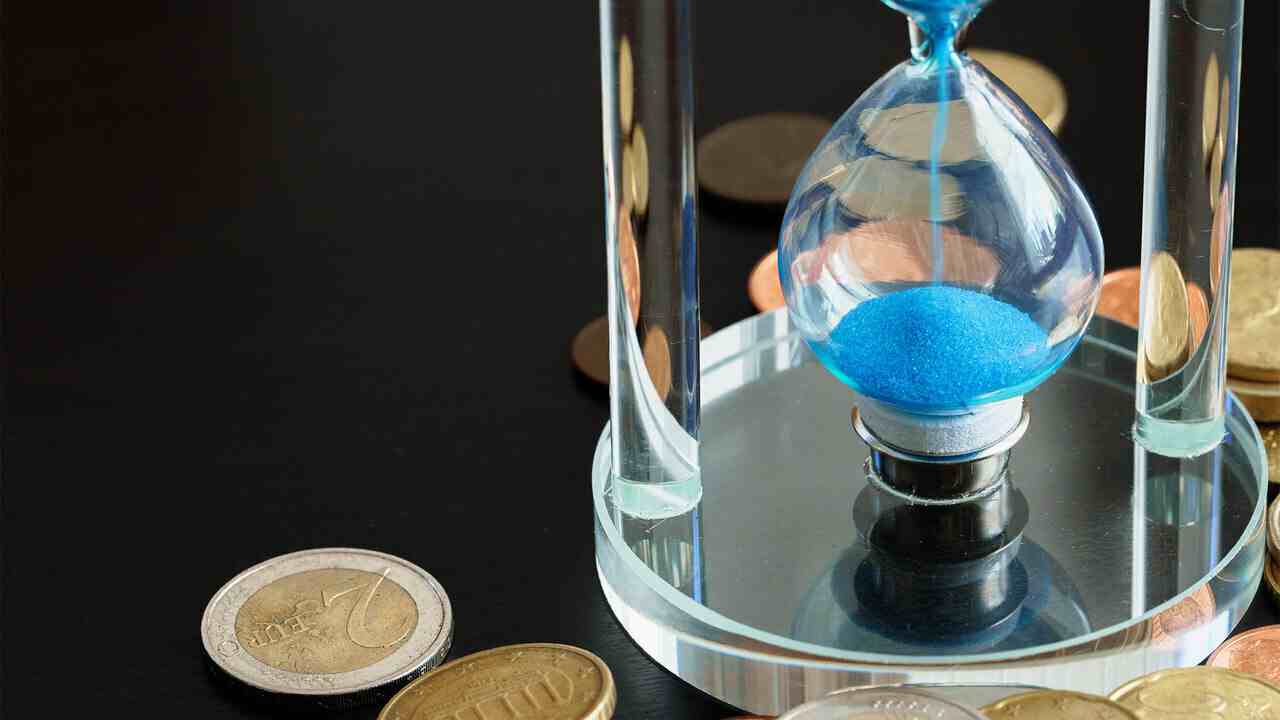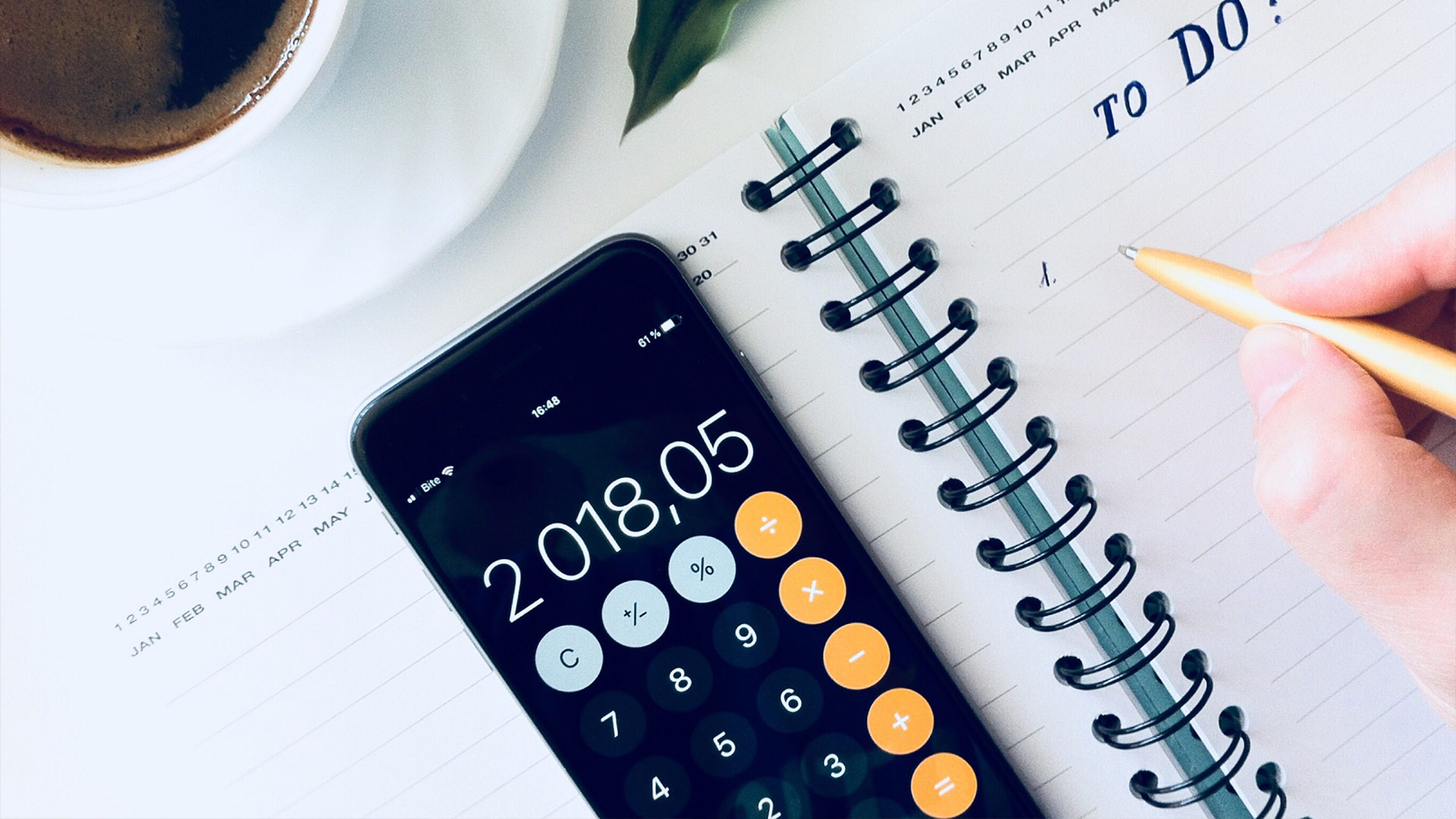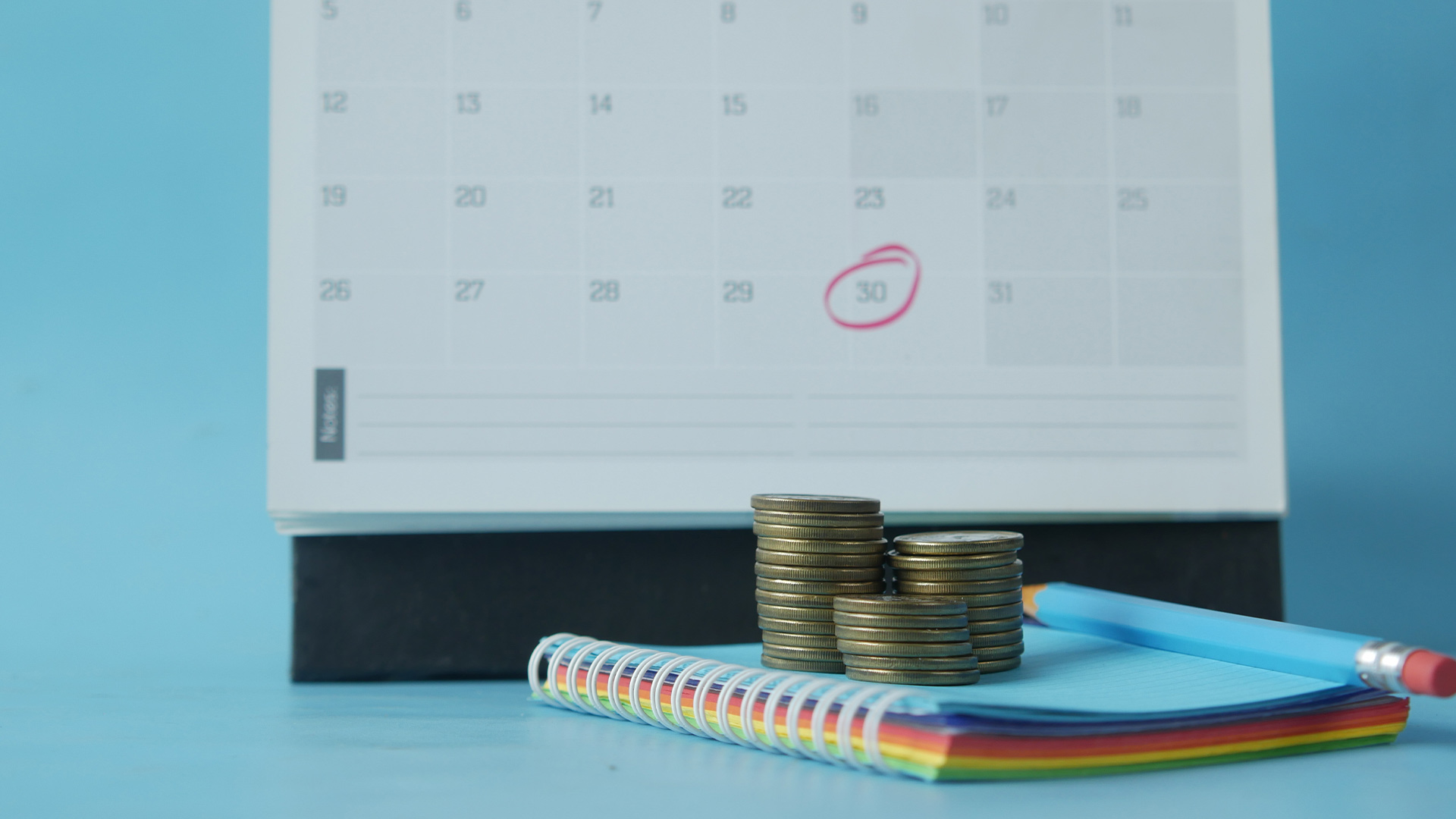Managing money isn’t always about big decisions--it’s often the small, consistent actions that move the needle the most. That’s where the daily budget check-in comes in. Just five minutes a day can completely transform the way you interact with your finances, helping you feel more in control, less stressed, and more intentional with your spending.
If the idea of budgeting feels overwhelming or if you’ve tried and given up in the past, this simple habit might be exactly what you need. Let’s break down how a five-minute check-in works, why it’s effective, and what to actually do during those minutes.
Why Daily Works Better Than Monthly
Most people treat budgeting like a once-a-month chore. Sit down, look at your bank statements, track your spending, and maybe panic a little. But by the time you notice something went wrong, it’s too late to fix it.
A daily check-in turns budgeting from reactive to proactive. You catch overspending the day it happens, not three weeks later. You course-correct faster. And it’s much less time-consuming in the long run because you’re handling a few transactions at a time instead of dozens.
What You Need to Get Started
You don’t need anything fancy. Here’s all you really need:
- A budgeting app or a spreadsheet
- Access to your bank accounts (usually via an app)
- Five quiet minutes at roughly the same time every day
Some people like doing it first thing in the morning with coffee. Others prefer winding down at night and reviewing their day. Pick what works for you and stick with it.
Step 1: Open Your Budgeting Tool
Whether you're using YNAB, Mint, Monarch, a Google Sheet, or a notepad--it doesn't matter. What’s important is that it’s accessible and easy to use. Have it open and ready to update.
Check your main budget categories: food, bills, entertainment, transportation, etc. Remind yourself of your targets. You’re not analyzing yet--just getting oriented.
Step 2: Check Account Activity
Open your banking app and scroll through any new transactions from the last 24 hours. Look for purchases, bill payments, bank transfers, or direct deposits. If your app lets you add notes or categories, do it right there. If not, take a mental note and move on.
This step helps keep surprises at bay. You’ll know instantly if something unexpected hits your account, like a forgotten subscription charge or a double charge from a store.
Step 3: Log or Sync Transactions
If your budgeting tool doesn't auto-sync, quickly enter or copy over the day’s transactions. Try to do this while the purchases are still fresh in your mind. It's way easier to remember what “ABC Online” was yesterday than three weeks from now.
You’re building a habit of recording--not analyzing. Don’t worry about whether it was a “good” or “bad” purchase. That kind of reflection comes later. For now, you’re just creating awareness.
Step 4: Check Your Remaining Budget
Now glance at what’s left in each category. Are you halfway through your food budget with two weeks left in the month? That’s worth noting. Are you close to maxing out your entertainment budget after just a few days? Time to slow down.
This daily visibility allows you to make smarter choices throughout your day. Maybe you’ll skip that takeout order and use what’s already in the fridge. Or you’ll wait a few days before buying that concert ticket.
Step 5: Make a Micro Adjustment (If Needed)
If you’ve gone over in one category but underspent in another, take a minute to move money around. This keeps your budget flexible and realistic.
For example, if you’ve spent more on gas this week but haven’t touched your dining-out budget, move a little over. The idea is to stay within your overall limit--not punish yourself.
Step 6: Take a Quick Mental Snapshot
End your check-in with a 10-second pause. Ask yourself: How do I feel about my spending today? Was it aligned with what I value? Did anything surprise me?
You’re not writing an essay--just building awareness. That moment of pause is what turns this from a money chore into a habit that reflects your lifestyle and goals.
The Psychology Behind the Check-In
Why does this work so well? Because it keeps your finances “top of mind.” Our brains tend to ignore vague, distant goals. But checking in daily brings your money back into focus.
Plus, small wins build confidence. Noticed you stayed under your grocery budget yesterday? That’s a win. Skipped a $4 coffee today and logged the savings? Another win. These little victories fuel momentum.
It also prevents emotional spending. When you’re tracking regularly, you’re more likely to ask yourself “Is this worth it?” before swiping your card.
Common Pitfalls and How to Avoid Them
- Skipping too many days in a row: Try to go no more than two days without checking in. It becomes harder to catch up the longer you wait.
- Being too rigid: If your budget feels like a prison, you’ll abandon it. Give yourself some grace and adjust when needed.
- Overthinking it: This isn’t the time for big financial analysis. Keep it simple, quick, and consistent.
Long-Term Benefits That Sneak Up on You
At first, it might feel like you’re not doing much. But over time, the results build:
- You’ll notice spending trends faster
- You’ll avoid accidental overdrafts
- You’ll feel more in control and less anxious about money
- You’ll spend more intentionally and save more effortlessly
That’s the real power of a daily budget check-in. It’s a small act that turns into a strong habit. You’ll be amazed how much clarity and peace it brings.



